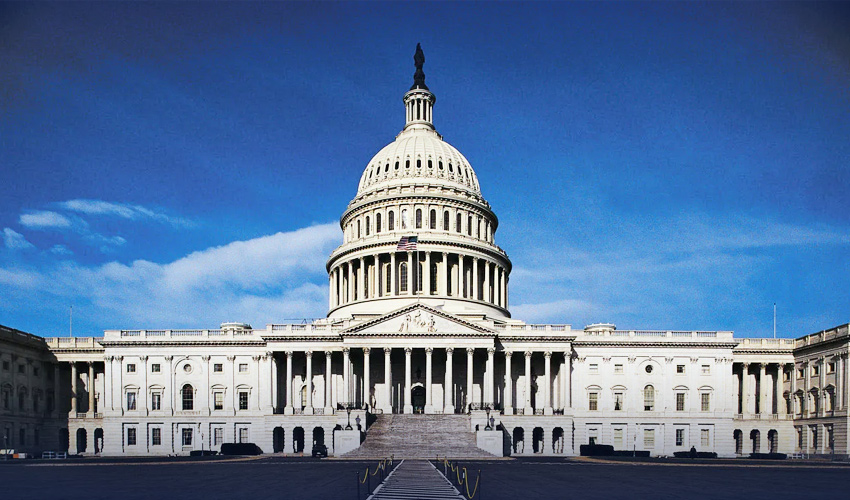With the possibility of a partial US government shutdown looming in two weeks, House of Representatives Speaker Kevin McCarthy has announced his intention to bring a defense spending bill to a vote this week, regardless of the outcome, in order to prevent the government from closing down.
McCarthy faces resistance from hardline Republicans within his party who are demanding deeper spending cuts, including a reduction to 2022 levels of $1.47 trillion, which is $120 billion less than what McCarthy agreed upon with President Biden in May.
Over the weekend, members of the hardline House Freedom Caucus and the more moderate Main Street Caucus reached a deal on a short-term stopgap bill to fund the government until October 31. However, this bill includes significant spending cuts of over 8% for agencies other than the Departments of Defense and Veterans Affairs. It also contains conservative provisions related to immigration and the U.S.-Mexico border, but notably does not include funding for Ukraine, as requested by President Biden.
The fate of this stopgap measure remains uncertain, as it requires sufficient support from both Republicans and Democrats in the House and Senate. Meanwhile, McCarthy is facing internal challenges, with some hardline conservatives and others calling for his removal as speaker, accusing him of failing to deliver on promises made when he assumed the role in January.
The House, controlled by Republicans, and the Senate, led by Democrats, have until October 1 to pass appropriations bills that President Biden can sign into law or enact a short-term spending measure to avert a government shutdown. McCarthy is determined to avoid a shutdown, emphasizing that it would only benefit Democrats.
Despite opposition from hardline conservatives, McCarthy intends to bring the defense appropriations bill to the floor for a vote this week. He aims to demonstrate support for the Department of Defense and the military. While closed-door discussions have been held to address conservative demands for spending cuts and policy priorities related to border security, finding a compromise remains a challenge.
As the deadline approaches, some Republican lawmakers, like Representative Nancy Mace, are not ruling out support for a vote to remove McCarthy from his position as speaker. They cite unmet promises and dissatisfaction with his leadership. Democrats, led by former Speaker Nancy Pelosi, stress the potential harm a government shutdown could inflict on vulnerable individuals who rely on government assistance, emphasizing the need to avoid such an outcome.



























